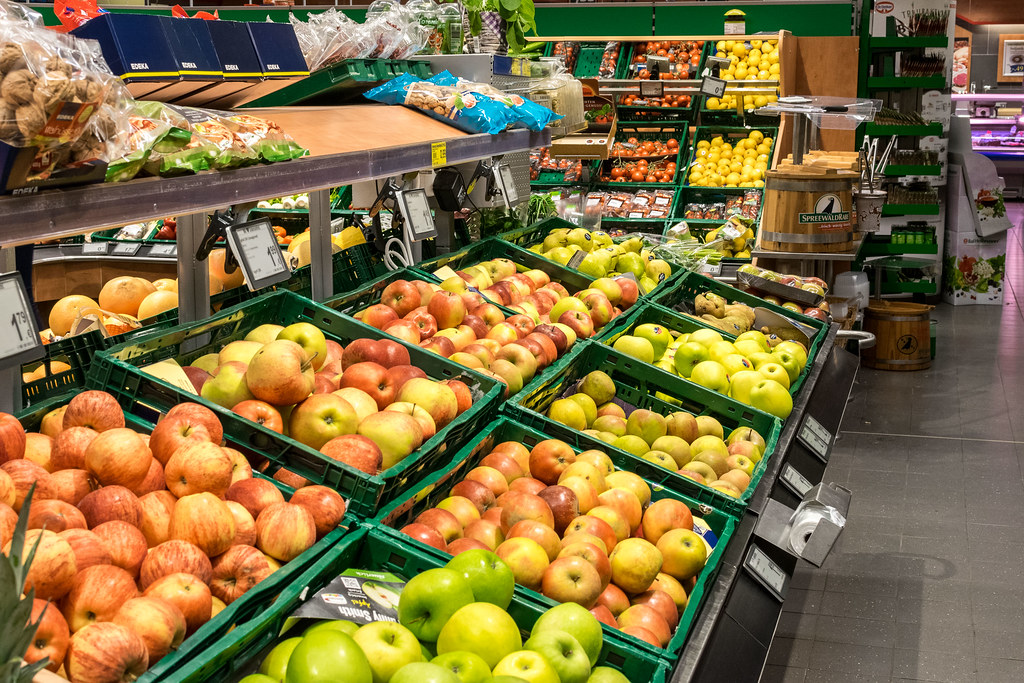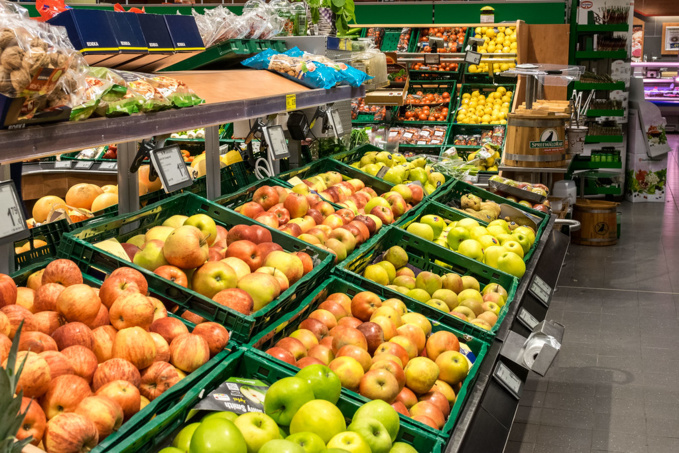Despite attempts by central banks around the world to reassure businesses and the public that inflation is a temporary phenomenon, companies are already facing double- and triple-digit price increases for products of interest to them. And the main increase now accounts for difficulties with transportation, caused by the coronavirus pandemic, but, as noted by experts, even the resolution of these problems will not solve the problem, but only reduce the pressure on prices.
"Green inflation" will also not last forever, analysts reassure, but this effect will persist for a long time. The downward trend of "green inflation" should show when electricity from renewable energy sources is in surplus and begins to fall in price.
Investors note that many industries are not yet able to assess the effects of government transformation requirements, and a good example here is the shipbuilding industry. The problem is that it is not clear for the market what fuel will be decisive for the next 20-30 years; that is why customers are not in a hurry to buy new vessels which has already affected incomes of manufacturers. Average age of a ship is just in the region of 20 years - companies need to modernize production facilities already know which will inevitably affect cost of ships, freight, transportation and, consequently, prices of goods.
Tightening of ecological requirements is visible only in civil transport so far - largely thanks to the European Union, which demanded a ban on the production of cars with internal combustion engines (ICE) and to switch to environmentally friendly modes of transport. Similar roadmaps are appearing in other industries, but any transformation will require an increase in costs, and thus in prices for goods.
source: reuters.com
"Green inflation" will also not last forever, analysts reassure, but this effect will persist for a long time. The downward trend of "green inflation" should show when electricity from renewable energy sources is in surplus and begins to fall in price.
Investors note that many industries are not yet able to assess the effects of government transformation requirements, and a good example here is the shipbuilding industry. The problem is that it is not clear for the market what fuel will be decisive for the next 20-30 years; that is why customers are not in a hurry to buy new vessels which has already affected incomes of manufacturers. Average age of a ship is just in the region of 20 years - companies need to modernize production facilities already know which will inevitably affect cost of ships, freight, transportation and, consequently, prices of goods.
Tightening of ecological requirements is visible only in civil transport so far - largely thanks to the European Union, which demanded a ban on the production of cars with internal combustion engines (ICE) and to switch to environmentally friendly modes of transport. Similar roadmaps are appearing in other industries, but any transformation will require an increase in costs, and thus in prices for goods.
source: reuters.com



















